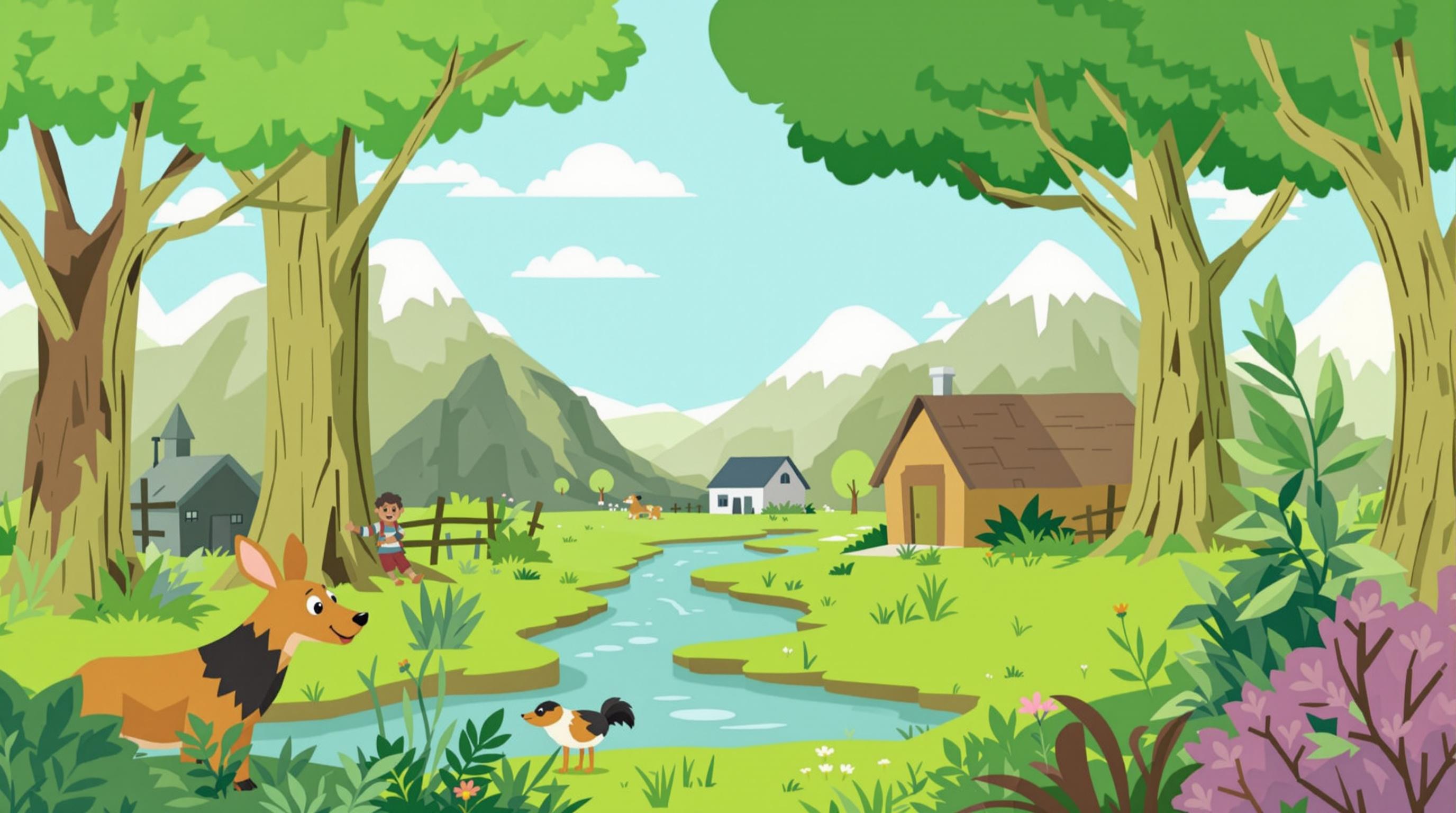Related Articles
- Uncharted Escapes: Navigating the Controversial Allure of Fringe Destinations and Their Untold Stories
- Uncharted Realms: The Surprising Intersection of Urban Legends and Adventure Travel in Offbeat Locations
- Curious Chronicles: Bizarre Transport Innovations Shaping Uncommon Explorations Across Unvisited Trails
- The Forgotten History of Eco-Adventuring: Learning from Indigenous Practices for Modern Exploration
- The Hidden Impact of Eco-Conscious Adventure Games on Environmental Education and Community Resilience
- Uncommon Routes: The Unexpected Appeal of Ghost Town Hikes in Eco-Friendly Exploration
The Hidden Impact of Eco-Conscious Adventure Games on Environmental Education and Community Resilience
The Hidden Impact of Eco-Conscious Adventure Games on Environmental Education and Community Resilience
Eco-conscious adventure games have emerged as an innovative tool for environmental education and fostering community resilience by engaging players in immersive situations that mirror real-world ecological challenges. Through interactive storytelling and gameplay mechanics, these games not only entertain but also inspire action and awareness about environmental issues.
The Rise of Eco-Conscious Adventure Games
In the past decade, the gaming industry has seen a surge in eco-conscious adventure games. Titles like *Eco*, *EarthSaver*, and *Farming Simulator* are not just fun to play; they present players with dilemmas that reflect current environmental issues. According to a recent report by the Entertainment Software Association, 70% of people believe that games can provide useful information about climate change and sustainability (ESA, 2023). This statistic highlights a burgeoning recognition of the role video games can play in shaping public consciousness.
Engagement through Gameplay
One of the greatest strengths of eco-adventure games is their ability to engage players in complex problem-solving. For example, in *Eco*, players collaborate to build a civilization while managing resources sustainably. This game mechanic allows players to directly experience the consequences of overexploitation and pollution, driving home the importance of balance and harmony with nature. It is not merely an educational tool but an immersive experience that encourages critical thought and team collaboration.
Real-World Case Studies
Consider the case of *Farming Simulator*, which appeals to a diverse age group from teens to adults. Players engage in sustainable farming practices, learning about crop rotation, resource management, and the effects of pesticides on the environment. According to industry analysis, players report a 60% increase in interest in actual sustainable farming practices after playing (Future Farming, 2022). This linking of virtual experiences to real-life actions underscores the potential of these games to effect real change.
Building Community Resilience
Eco-adventure games are also paving the way for community resilience by fostering social connections and enhancing collective skills. The cooperative gameplay found in many titles emphasizes teamwork and joint problem-solving, which can extend beyond the screens into real-life community initiatives. Imagine players coming together in a park to maintain a garden they learned about in their gaming experience, turning virtual awareness into tangible action.
Funding Initiatives through Gaming
Even more fascinating is how some eco-conscious games are generating funding for environmental projects. The game *Plant a Tree* allows players to contribute to real-life reforestation efforts by raising in-game currency which can be translated into actual funds for planting trees. According to their report, they have successfully funded over 300,000 trees since their launch in 2021 (Green Gaming Initiative, 2023). Just think about it—playing a game and contributing to the planet's health at the same time!
Storytelling as a Teaching Tool
Let’s switch gears for a moment and embrace storytelling, one of the most compelling aspects of gaming. Narrative-driven eco-adventure games like *Journey* or *The Last of Us Part II* encapsulate profound environmental messages wrapped in engaging stories. These games often depict post-apocalyptic scenarios where the balance of nature has been disrupted, further driving home the consequences of human actions. The emotional connection forged through storytelling can resonate deeply with players, turning casual gamers into passionate advocates for environmental change.
The Informal Learning (or Not!) Experience
It can be argued that traditional education systems often fail to engage younger generations in discussions about the environment. A study conducted by the University of Oxford revealed that students retain 80% of what they learn through interactive and experiential learning compared to just 20% through lectures (Oxford Education Research, 2023). Eco-conscious adventure games provide an engaging alternative to conventional educational methods, appealing to the gaming generation.
Humor and Relatability in Eco Messaging
But let’s not forget the humor embedded within these games! The absurdity of battling mutant junkyard animals in games like *Trash Bandits* serves as a humorous yet poignant reminder of our waste problem. Players find themselves laughing while contemplating their own trash habits, making the learning process enjoyable and memorable. Who knew that saving the planet could also involve dodging crazy raccoons wielding trash can lids?
A Call to Action
Ultimately, eco-conscious adventure games are more than just a passing trend. They have the potential to imbue players with a sense of agency, teaching them that their actions matter beyond the game world. A survey revealed that 72% of players felt encouraged to engage in environmental advocacy after participating in eco-themed games (Game Change Survey, 2022). This active engagement represents a shift in how we approach environmental education and advocacy.
Impact on Industry Practices
The gaming industry itself is taking notice of this trend. Major game developers are now prioritizing sustainability in their production processes, reducing carbon footprints and supporting eco-friendly practices. A report by the Global Gaming Initiative estimates that around 30% of game production companies have incorporated green initiatives into their operating models (GGI, 2023). As players become more eco-aware, they demand more from the companies they support, which can lead to larger-scale shifts within the industry.
From Players to Community Leaders
As players are empowered through these eco-adventure games, many transition from digital avatars to active community leaders. Social media is filled with stories of gamers organizing clean-up drives, planting community gardens, or advocating for sustainable local policies inspired by their gaming experiences. In short, gaming is transforming players into stewards of the environment!
Final Thoughts
In conclusion, eco-conscious adventure games are invaluable tools for environmental education and community resilience. They not only entertain but also inspire a new generation of eco-warriors. By harnessing the power of interactive storytelling, humor, and teamwork, these games foster a deep connection to nature and encourage collective action. As a young adult just embarking on their journey in the world of professional writing, witnessing the influence of gamification in environmental advocacy is not only exciting but hopeful. With each adventure played, we inch closer to a more resilient community, ready to face the ecological challenges of our time.





